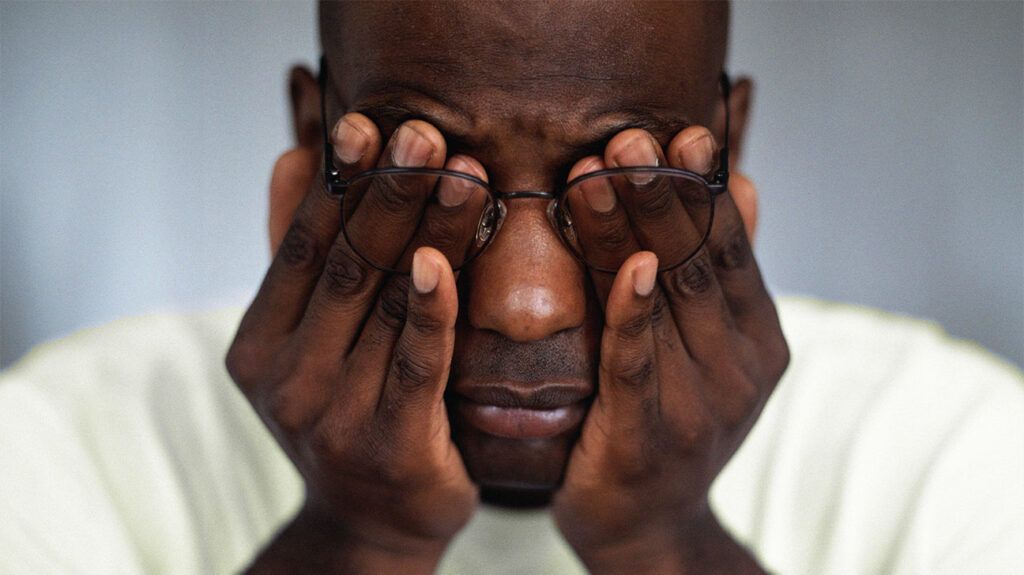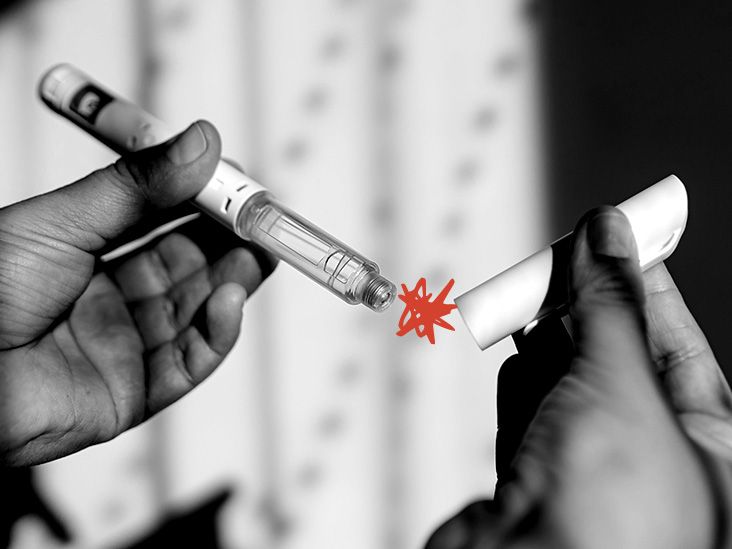Chemotherapy can affect a person’s vision. Although most changes usually stop after the treatment, some may last longer. Sudden vision changes need immediate medical attention.
While most vision side effects are temporary, some can also be long term. Healthcare professionals can help people manage these changes to their vision.
This article discusses how chemotherapy affects vision, how long the side effects may last, and which chemotherapy drugs can affect vision. It also discusses how people can manage chemotherapy vision changes.

Some chemotherapy medications
- cataracts, a slow loss of vision due to clouding of eye lenses
- photophobia, or light sensitivity
- eye infections, such as conjunctivitis
- dry eyes
- sore eyes
- watery eyes
- swollen or inflamed eyelids
- eyelashes that:
- grow inward
- grow longer
- fall out
A person needs to seek medical attention if they have an eye infection that worsens or does not improve within 3 days of treating the infection.
They also need to seek immediate medical attention if they suddenly experience:
- severe eye pain
- loss of eyesight
- visible halos around light
- light sensitivity
Learn more about the side effects of chemotherapy.
Most chemotherapy side effects that affect a person’s vision stop
However, some side effects of this treatment may be
- the type of chemotherapy
- the prescribed dose of chemotherapy
- whether they have any other existing health conditions
A person can talk with a doctor about how long any vision changes may last and how to manage them in the meantime.
Learn about the long-term side effects of chemotherapy.
Many chemotherapy drugs can have different side effects that can
The following table lists chemotherapy medications and examples of what vision side effects they can cause.
| Chemotherapy drug | Side effects |
|---|---|
| cytarabine | infection, light sensitivity |
| capecitabine | watery eyes, irritation, conjunctivitis |
| oxaliplatin | conjunctivitis, reduced or narrowed vision |
| cyclophosphamide | keratoconjunctivitis sicca, blepharoconjunctivitis (blepharitis and conjunctivitis), watery eyes |
| ifosfamide | conjunctivitis, vision disturbances |
| busulfan infusion | keratoconjunctivitis sicca |
| methotrexate | conjunctivitis, light sensitivity, cataracts |
| pemetrexed | increased tear flow, conjunctivitis |
| pentostatin | conjunctivitis, dry eyes, watery eyes |
| doxorubicin | conjunctivitis, watery eyes |
Learn about the most common chemotherapy drugs.
Healthcare professionals may recommend different methods for managing vision changes. These approaches depend on which side effects a person experiences and whether they are temporary or long term.
Possible remedies include:
- surgery for cataracts
- artificial tears or ointments to reduce dry eyes
- antibiotic eye drops to treat bacterial infections
- prescription medications, eye drops, or artificial tears to reduce eye swelling or irritation
- warm, damp compresses to soothe swollen eyelids
- washcloths and warm water to remove eye crusts, using a separate washcloth for each eye
- tips on wearing contact lenses if chemotherapy makes using them painful
- prescription steroid eye drops for light sensitivity
Does blurry vision from chemotherapy go away?
Blurry vision from chemotherapy is usually temporary. However, some effects may be long term. It is important to tell a medical professional if a person experiences blurry vision.
What are the best eye drops for people receiving chemotherapy?
The best eye drops for chemotherapy side effects depend on a person’s vision changes or symptoms. Healthcare professionals may prescribe steroid eye drops, antibiotics, or artificial tears.
How soon after chemotherapy can a person have their eyes tested?
A medical professional can advise on how soon after chemotherapy they should have their eyes tested. People at risk for cataracts should have
If a person notices any vision changes, it is important to let a doctor know.
Does the body ever fully recover from chemotherapy?
Chemotherapy may cause long-term changes in a person’s body. Although side effects can go away as the body recovers, some
Some chemotherapy medications may have side effects that change a person’s vision. Although these changes usually stop after a person finishes chemotherapy treatment, some may be long term.
Different people may have different side effects from the same chemotherapy medication. The side effects may also vary in severity from person to person.
Possible side effects include cataracts, light sensitivity, dry or sore eyes, watery eyes, and conjunctivitis.
Healthcare professionals can prescribe medication for some vision changes from chemotherapy. They may also recommend surgery for cataracts.
People need to seek emergency medical attention for sudden changes or pain in their vision or worsening eye infections.


